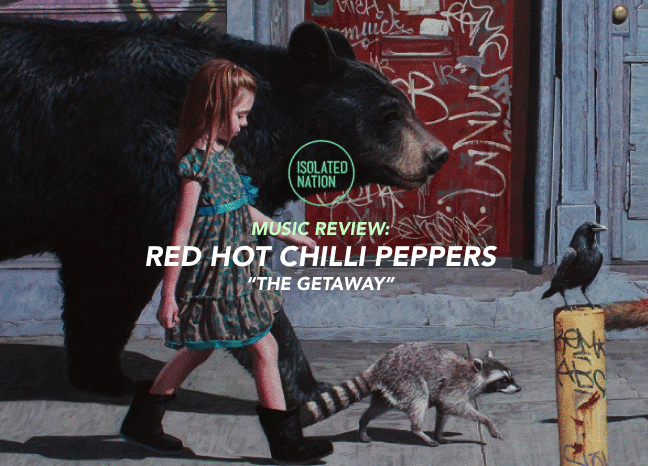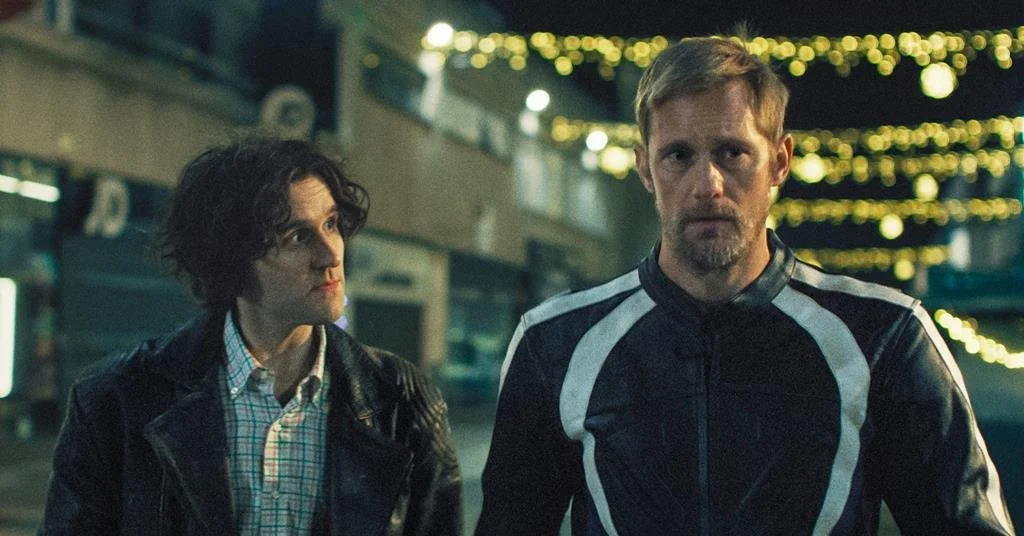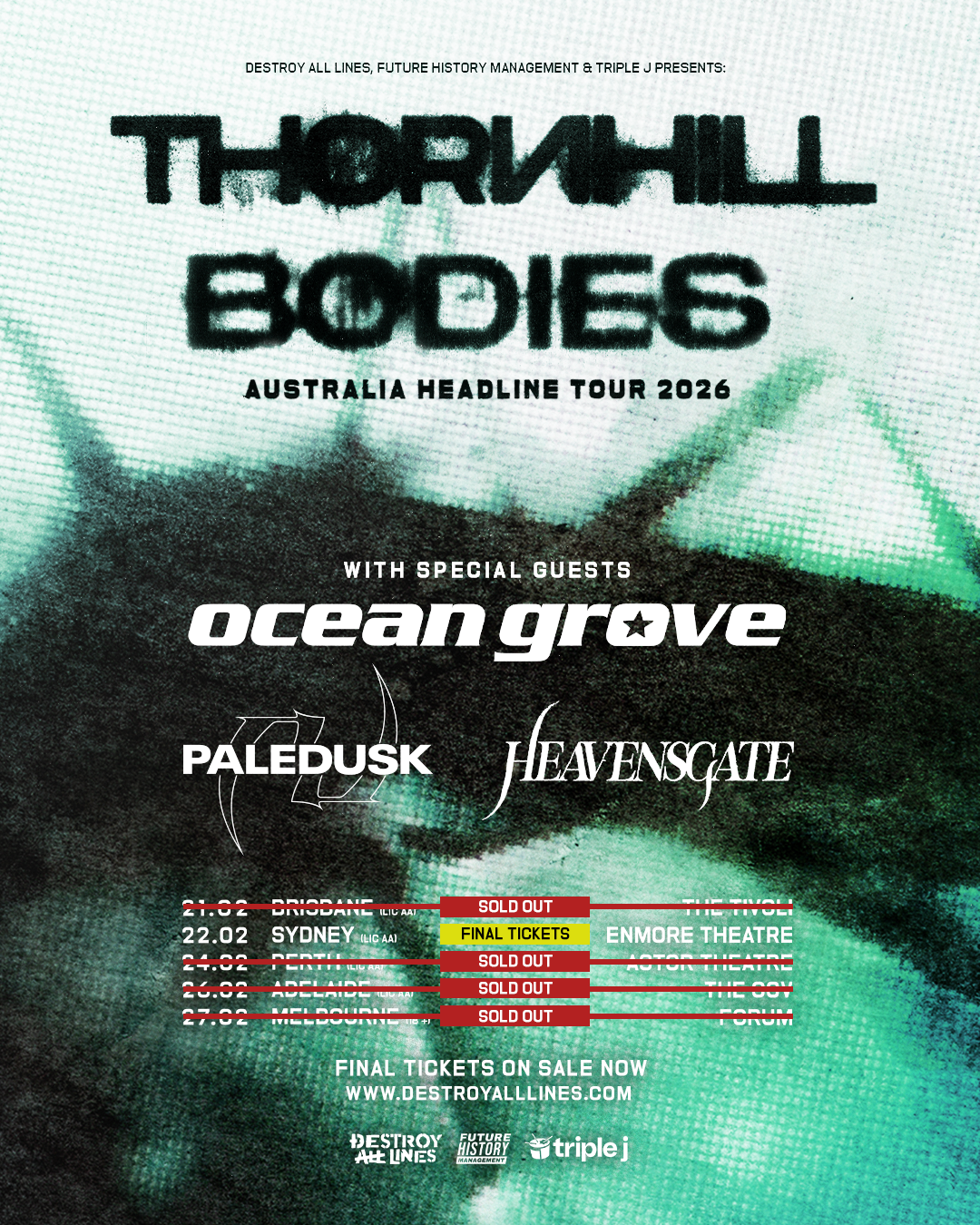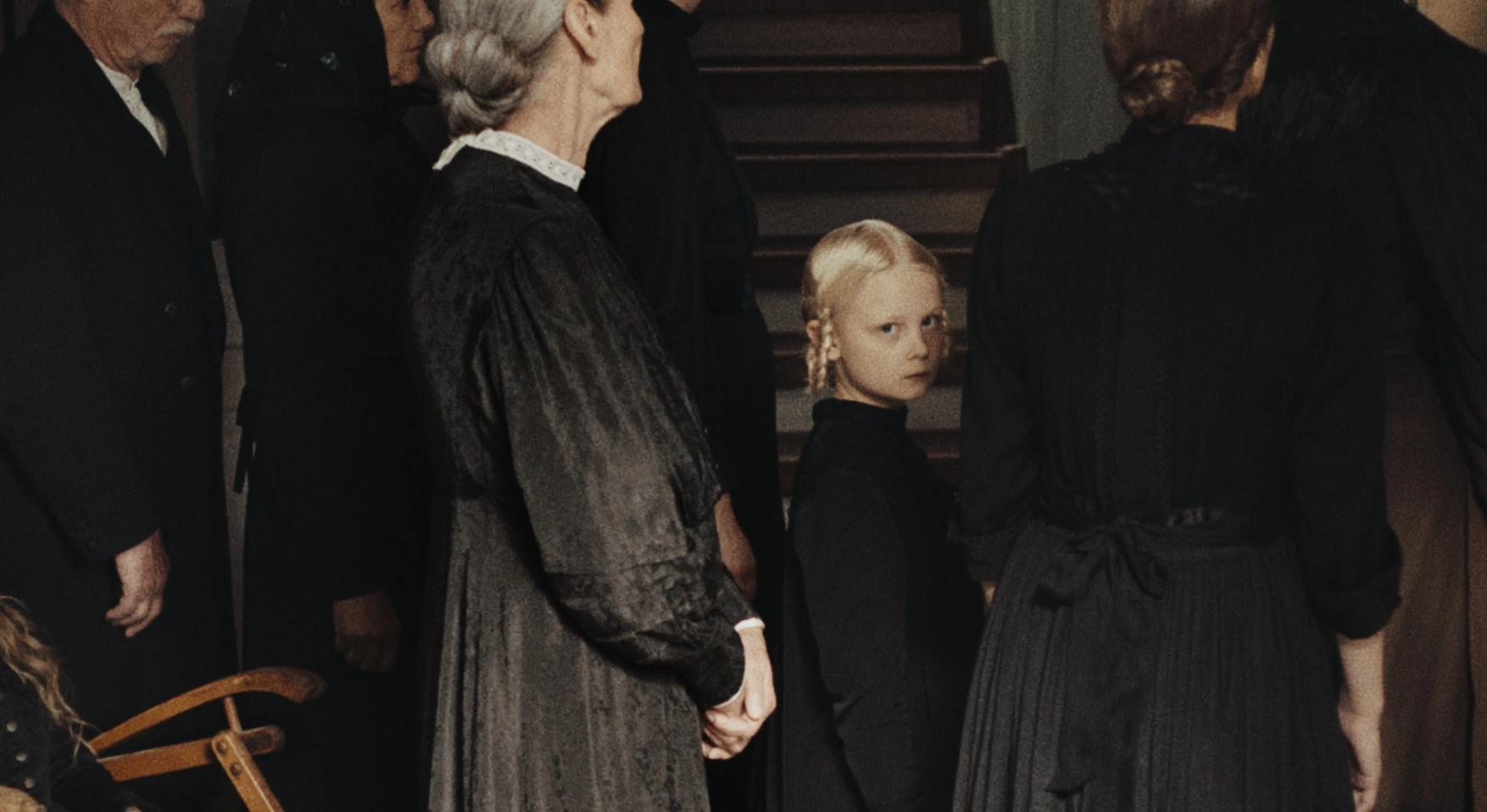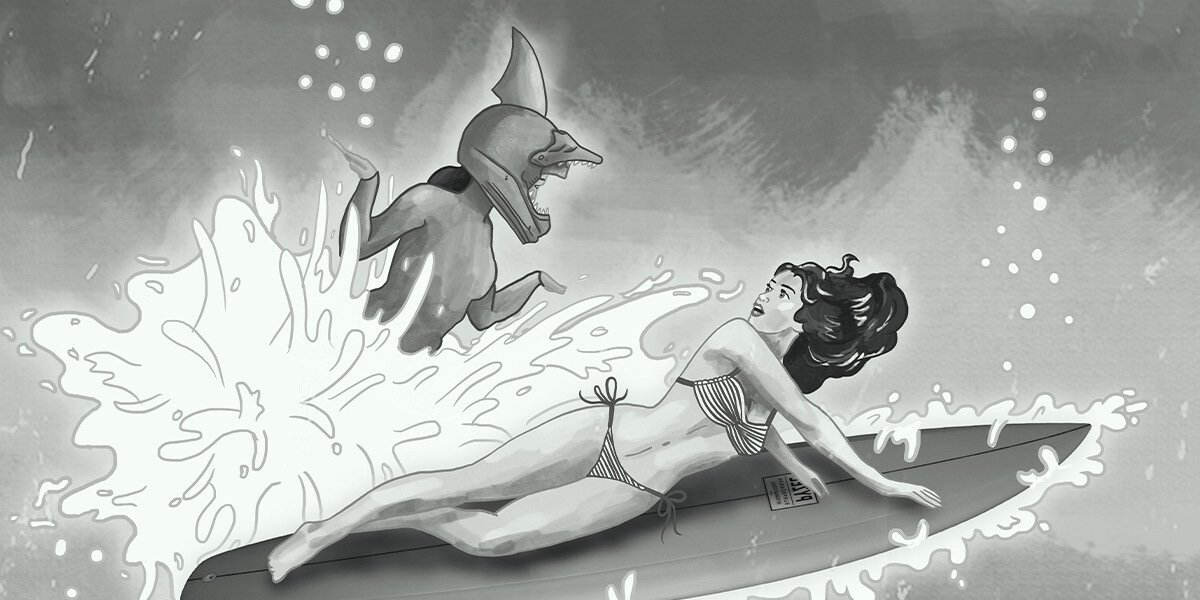"Red Hot Chilli Peppers" makes a purposeful Getaway
The Red Hot Chilli Peppers have always been an icon for tattooed-shirtless rock ensembles and nineties culture, and for a long time rode an awesome wave of high-fidelity-party-people. Their contributions to the musical discourse in their heyday remains unquestionable, however where does that leave them now?
In general conversation, I think it’s common and somewhat easy for the casual music pundits to put them in the ‘burned out geezers’ pile: A couple of guys in their 50’s (discounting Klinghoffer) partying like it’s 1989 doesn’t exactly sound that musically compelling. “Maybe we just don’t get it maaaan.” Regardless of what people think, the Red Hot Chilli Peppers just do their thing simply because they want to (and because they have the financial capabilities and legacy to back them in any endeavour they choose). Their new album The Getaway, however, signifies a shift from their more traditional tactics that suggests that they’ve got more mojo in the bank.
The most notable change is that they’ve exchanged Rick Ruben for Brian Joseph Burton (Danger Mouse) for the role of producer, the first time since Mother’s Milk back in 1989. This has definitely made a transition in sound towards a more laid-back vibe, which is very evident throughout the album, especially in its closing tracks. The piano and synth work seems to speak as the primary apparatus, especially for Encore, The Hunter and Dreams of a Samurai which is a refreshing shuffle in the instrumental arrangement, not something we’ve really seen from them before. Burton’s touch is ubiquitous and of course impressive. All the little tweaks in all the little places - like string sections - have created a new character in the Red Hot Chilli Peppers style range.
The overall sound follows this pattern for most of the album, which allows Klinghoffer to focus his guitar powers more on lead, texture. The Longest Wave sports a slick guitar lead somewhat reminiscent of the Californication era and flows with that ‘chill’ vibe mentioned before. Thats not to say that their sound is static, Goodbye Angels moves through sections of minimal instrumentation and delve into heavy soloing. That being said however, there are parts I thought that didn’t quite hit the mark as well as they should have. Tempo changes in This Ticonderoga from its bridge to the heavy verse/chorus comes too abruptly, which is funny because the change from chorus to bridge flows really nicely; probably because there’s a joining overdriven guitar lead (nice one Josh).
Flea’s signature pop ’n slap bass grooves are balanced quite evenly throughout the album, preventing it from becoming overbearing. Chad Smith is on point with his drumming as always; heavy when he needs to be but forever holding down a tasty beat. He also creates a lot of build when moving to the next section or solo, masterfully guiding the sound. Their musical expertise really stands as a testament to their longevity as a band.
If there was one thing that bugs me enough discuss, it’s that Anthony Kiedis sounds just as ‘Anthony Kiedis’ as ever. Admittedly this is a ridiculous point of criticism; ‘someone sounding like themselves…’ alrighty then. However most of the RHCP’s later songs are very wordy with drawn out and repetitive vocal melodies, a lot of it seeming to be spouts of how much he loves love, friendship and L.A worship. Like its predecessors, The Getaway is also quite lengthy in lyrics but perhaps more centred on reflective issues of self and state. It’s still a lot of that distinct Kiedis tone to listen to and over the course of the album until it becomes a bland paste of words. I’d prefer more reserved verses, singing sparingly to create more space for instrumentation to shine through, but that’s just an opinion, and I know that Anthony’s style is very much about the meaty lyrical work.
My vote for ‘best song’ would have to be Encore. For me, it most accurately represents my perception of the Red Hot Chilli Peppers currently. It’s reflective, uniform and steady, complimenting their age and status of veterans of the game. As part of the album’s epilogue, it provides that sense of resolution that can also be said about the band itself.

